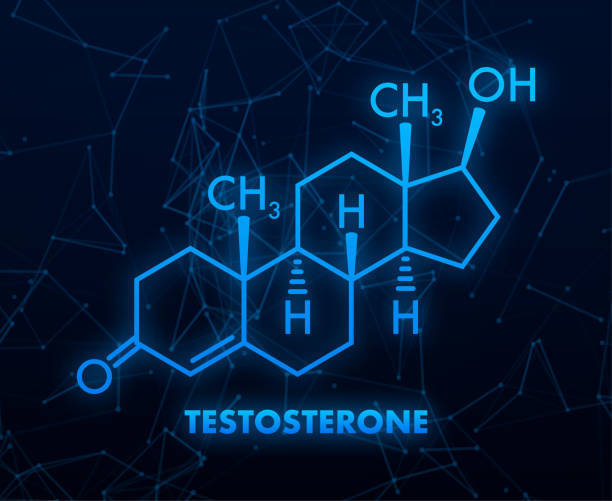
Testosterone Replacement Therapy (TRT) is becoming an increasingly common solution for men experiencing symptoms of low testosterone. But when is the right time to start? At Tulsi Wellness Club, we believe in personalized, science-backed approaches to hormone optimization. The decision to begin TRT is highly individualized, but there are average age trends and key factors that determine when it may be beneficial.
Understanding Testosterone Decline
Testosterone levels naturally peak in a man’s late teens to early 20s. After the age of 30, testosterone levels begin to decline at a rate of 1-2% per year. While this decline is natural, some men experience a more significant drop that leads to unwanted symptoms, which can include:
-
Fatigue and low energy
-
Loss of muscle mass and strength
-
Increased body fat
-
Brain fog and difficulty concentrating
-
Low libido and sexual dysfunction
-
Mood swings, depression, or irritability
When these symptoms begin to interfere with quality of life, work performance, relationships, and overall health, it may be time to consider TRT.
The Average Age to Start TRT
There is no universal “right” age to start TRT, as every man’s hormonal health is unique. However, the most common age range for beginning TRT is between 35 and 55 years old.
-
Men in Their 30s: Some men in their early to mid-30s experience early-onset low testosterone, often due to genetics, chronic stress, or environmental factors. While not as common, medically supervised TRT can be a solution for younger men who experience severe hormonal imbalances.
-
Men in Their 40s: This is one of the most common age groups to start TRT. By this time, many men notice clear signs of fatigue, weight gain, reduced libido, and cognitive decline.
-
Men in Their 50s and Beyond: Men in their 50s and 60s may turn to TRT as a way to maintain vitality, muscle strength, and overall well-being.
While these are general trends, age alone is not the main determining factor—symptoms and lab results are more important in deciding when to begin treatment.
When Should You Get Tested for Low Testosterone?
If you suspect low testosterone, the first step is a simple blood test. At Tulsi Wellness Club, we conduct comprehensive hormone panels to assess total testosterone, free testosterone, and other key markers such as estrogen, SHBG, and DHEA.
Signs that warrant testing include:
Chronic fatigue and low energy levels
Difficulty gaining or maintaining muscle
Decreased motivation and focus
Irritability, anxiety, or depression
Erectile dysfunction or low libido
If lab results confirm low testosterone and symptoms are present, TRT may be a viable option—regardless of age.
Factors That Can Influence When to Start TRT
Several factors can impact the timing of TRT, including:
-
Genetics – Some men have a genetic predisposition to low testosterone earlier in life.
-
Lifestyle – Poor diet, stress, lack of exercise, and sleep deprivation can accelerate testosterone decline.
-
Medical Conditions – Diabetes, obesity, and thyroid issues can contribute to low testosterone levels.
-
Use of Medications – Certain prescription medications, such as opioids or corticosteroids, can suppress testosterone production.
Identifying and addressing these factors can sometimes help optimize testosterone naturally before considering TRT.
Is There a “Too Young” or “Too Old” for TRT?
-
Too Young? Men in their 20s or early 30s should explore natural approaches before considering TRT unless there is a medical condition causing testosterone deficiency.
-
Too Old? There is no age limit for TRT, as long as a qualified medical provider evaluates overall health and determines it is safe and beneficial.
Conclusion: What’s the Right Age for You?
The average age to start TRT falls between 35-55, but the best time to begin is when symptoms of low testosterone significantly impact your life and lab testing confirms a deficiency.
At Tulsi Wellness Club, we take a personalized approach to hormone health, ensuring you receive the best care, testing, and treatment options tailored to your unique needs.
Ready to take control of your health? Contact us today for a consultation and hormone evaluation!
Dr. Devin Stone
Contact Me


